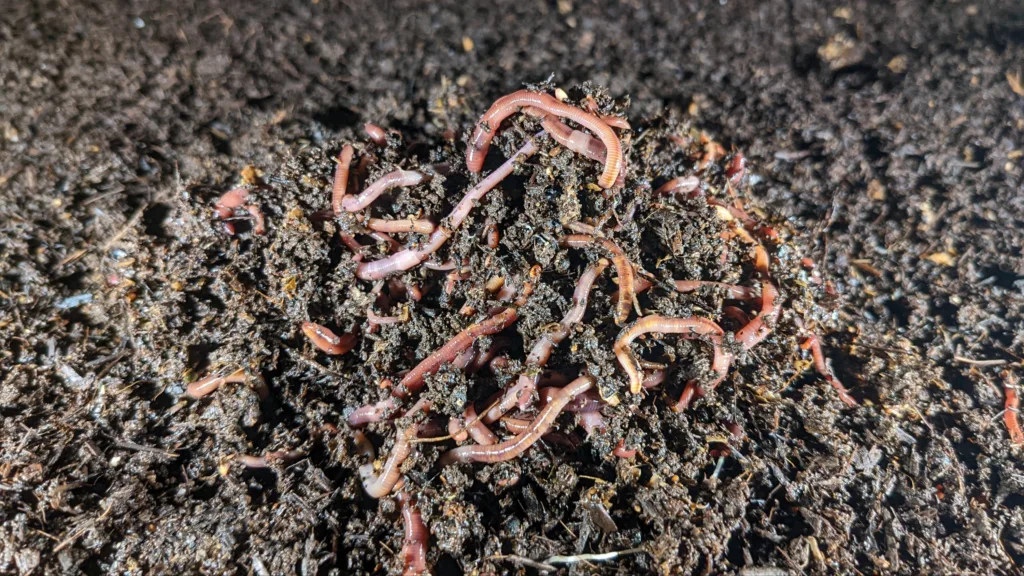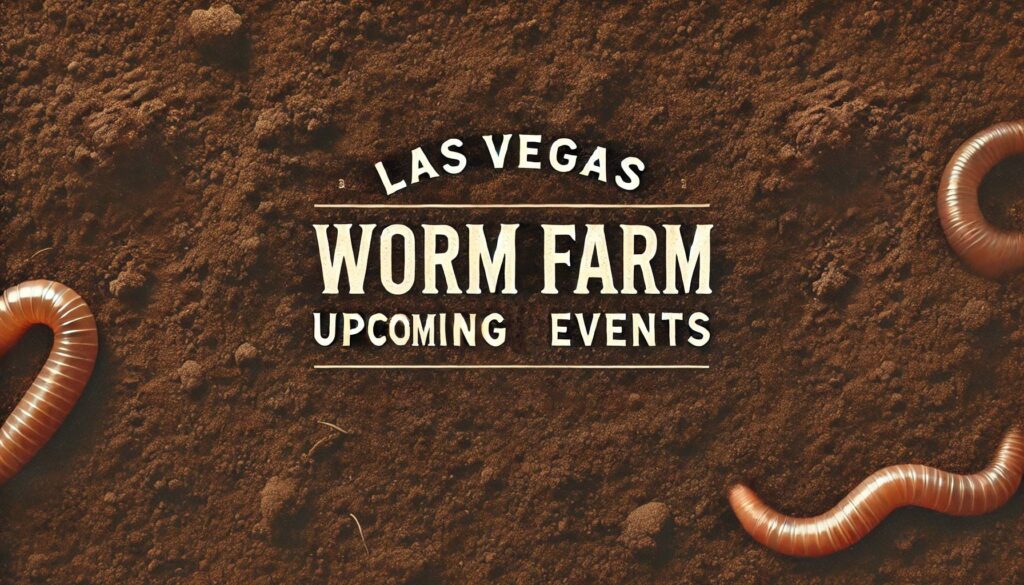Grow Stronger, Healthier Plants
The Easy Way!
Healthy soil built by worms and castings
that grow happy and healthy plants.
Even in Las Vegas!
From now until midnight Sept 11th
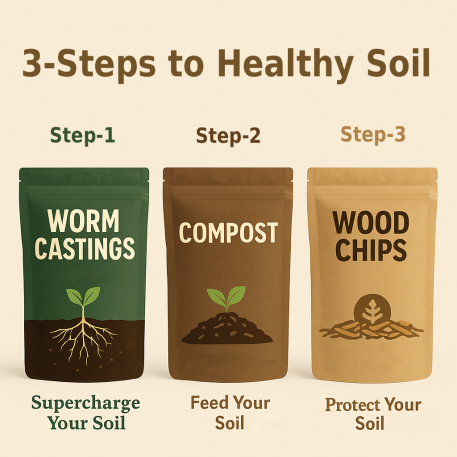
Healthy soil is easier than you think.
Just 3 steps:
Worm Castings → Compost → Wood Chips
Grow the garden, lawn, or farm of your dreams!
No chemicals, pesticides, herbicides, just all natural just like mother nature intended.
Why This Works (and Fertilizers Don’t)
Most products feed the plant for a few days. These bring life to the soil for months — creating a cycle that keeps feeding your plants naturally.
It's a Game-Changer
After only 16 days!
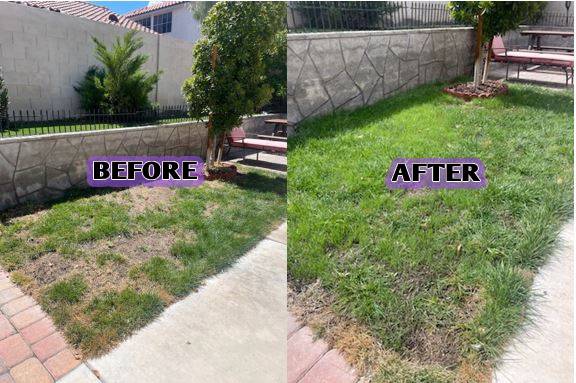
After 52 days during 2024 summer heatwave 120°
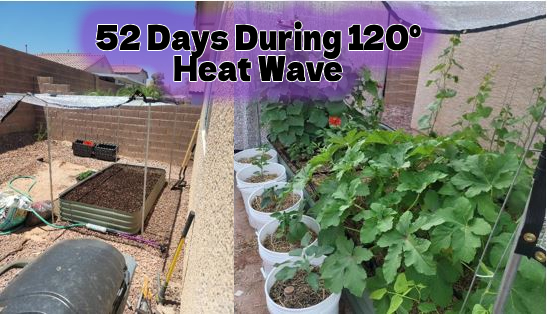
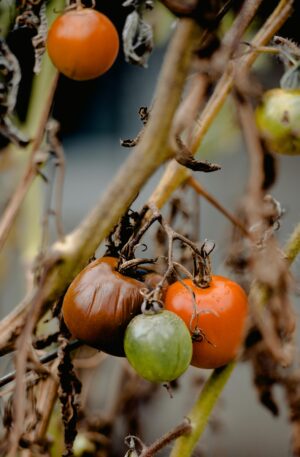
Are Your Plants Struggling to Survive in the Desert Heat?
Las Vegas’s scorching temperatures and poor soil quality make it nearly impossible for gardens to thrive. Without the right foundation, your plants are fighting a losing battle.
Frustrated with Constant Watering and Still Seeing Wilting Plants?
Tired of pouring water and nutrients into your garden, only to watch your plants wilt and die? Conventional practices simply can’t hold up to the extreme desert environment, leading to weak roots, nutrient deficiencies, and constant frustration.
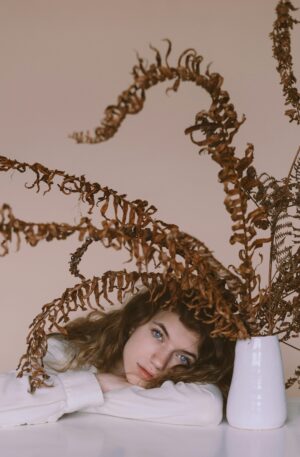
This Could Be You!
Backyard Transformation January 2024
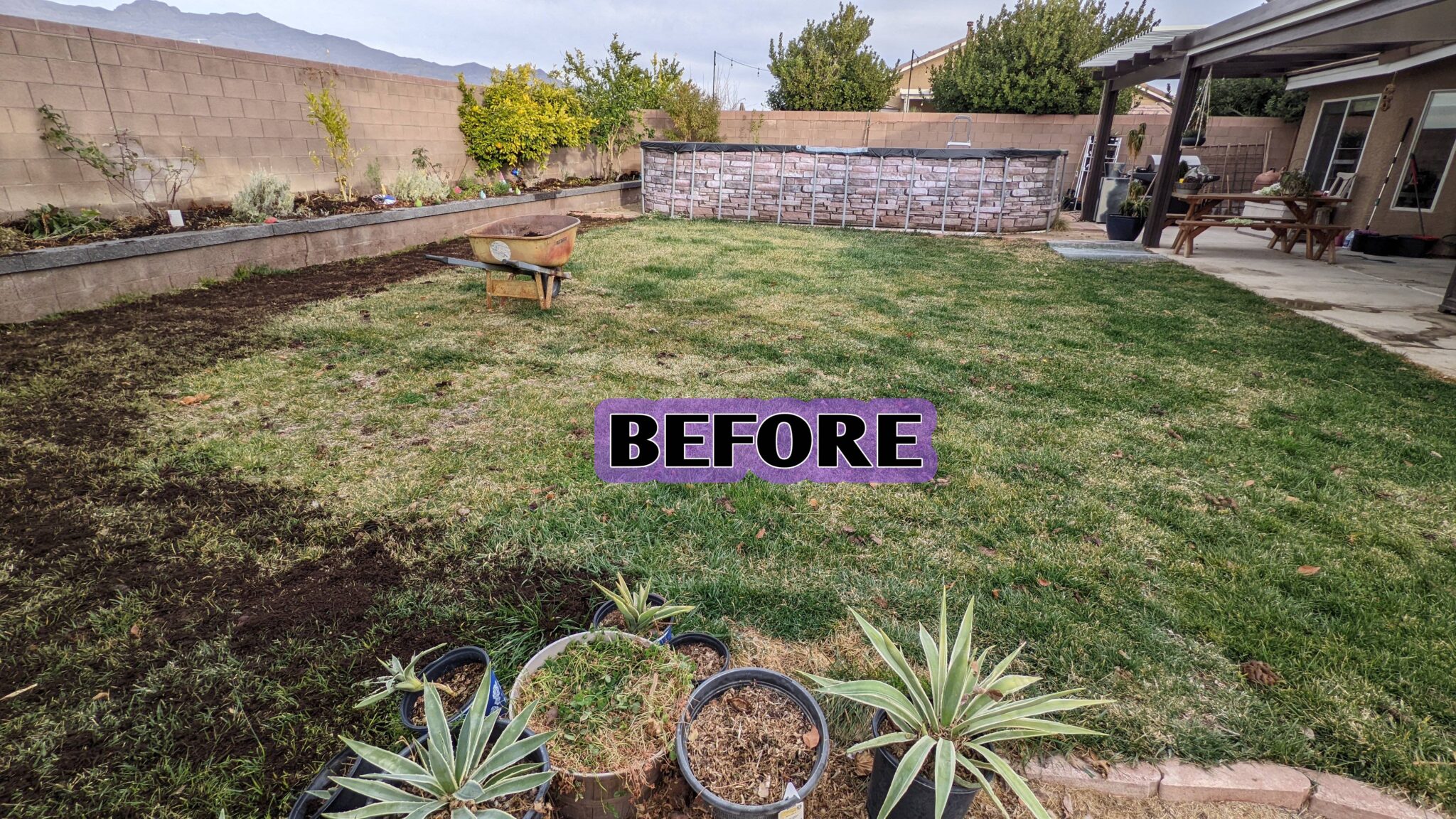
Backyard Transformation August 2024
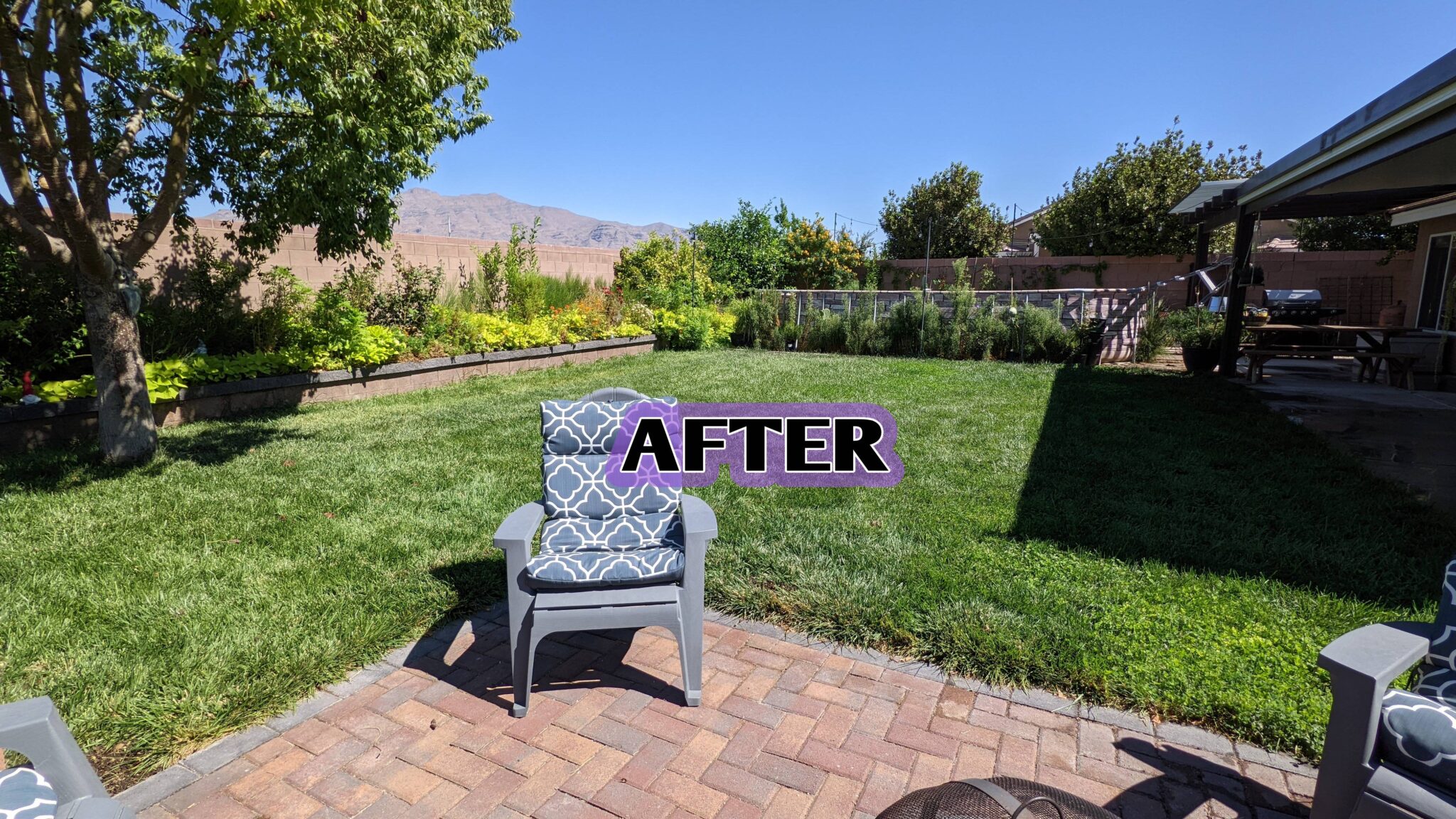
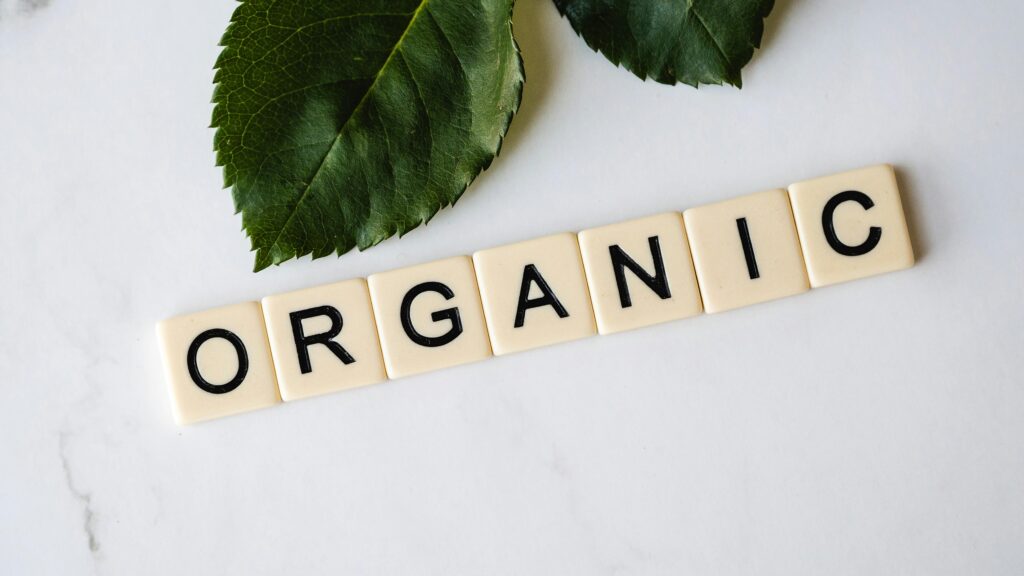


See what people are saying about us on Google!
Posted onTrustindex verifies that the original source of the review is Google. Ordered early am. Picked up at noon.Posted onTrustindex verifies that the original source of the review is Google. Dennis went out of his way to deliver to me and gave great information, good dude I will only buy my castings from him from now on. Highly recommendPosted onTrustindex verifies that the original source of the review is Google. Great service! Very helpful and knowledgeable.Posted onTrustindex verifies that the original source of the review is Google. I am impressed by the knowledge and expertise of Las Vegas Worm Farm owner. He is en expert in soil health and knows a lot about gardening in the desert! Happy with prompt delivery and valuable advice.Posted onTrustindex verifies that the original source of the review is Google. I found the website when I was searching for worms to restart my worm farm and stumbled on this hidden gem of a great local farm here in Vegas!! I got to meet and have a chat with Dennis and he showed me his beautiful garden. It gave me hope for my own little garden that I wanted to have because I didn’t think it was possible in vegas to have a thriving farm. Please support local small businesses like Dennis’s!! He was very kind and helpful and I will definitely continue to come back for my soil needs!!!Posted onTrustindex verifies that the original source of the review is Google. Quick response, very helpful. Prompt delivery.Posted onTrustindex verifies that the original source of the review is Google. We have been thinking of having Dennis come out for a consult for some time now. So happy we finally did it! He tested the density and structure of our soil. Talked extensively and with knowledge about additives, expense, maintenance and layout. It was much more than just worms. Much more than I can even express in this review. To wrap it up he sent us an extensive report via email with recommendations. He built a plan for us that will integrate worm castings and balance out our soil so we can actually have NUTRITIOUS food. So excited to have him in our gardening community. We will post before and after photos in our follow up review. We love supporting locally owned and not only that…. Active military and Veterans!Posted onTrustindex verifies that the original source of the review is Google. Dennis is very knowledgeable and helpful. The process was very easy and the order is ready fast.Posted onTrustindex verifies that the original source of the review is Google. Excellent customer service and tons of robust healthy worms! I’m so excited for such a great start to my gardens soil health!


